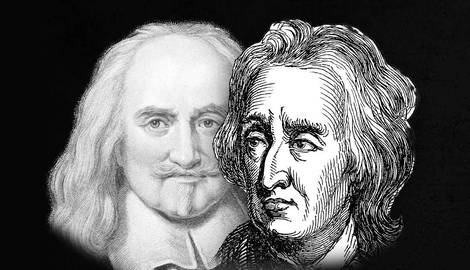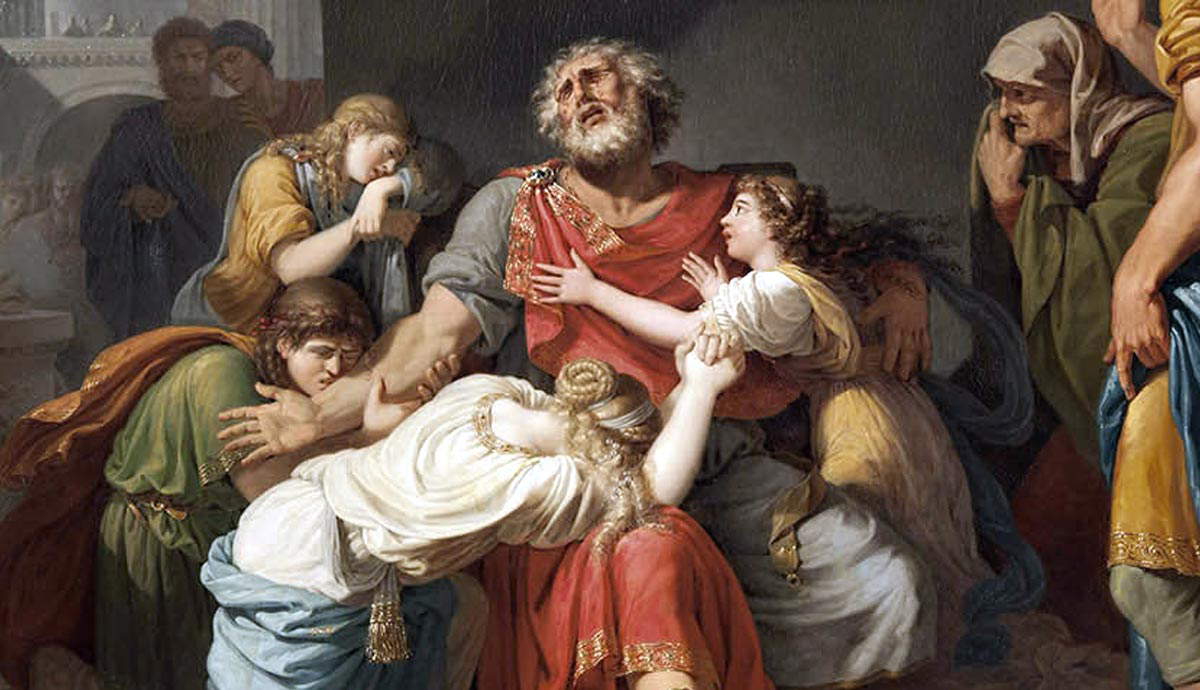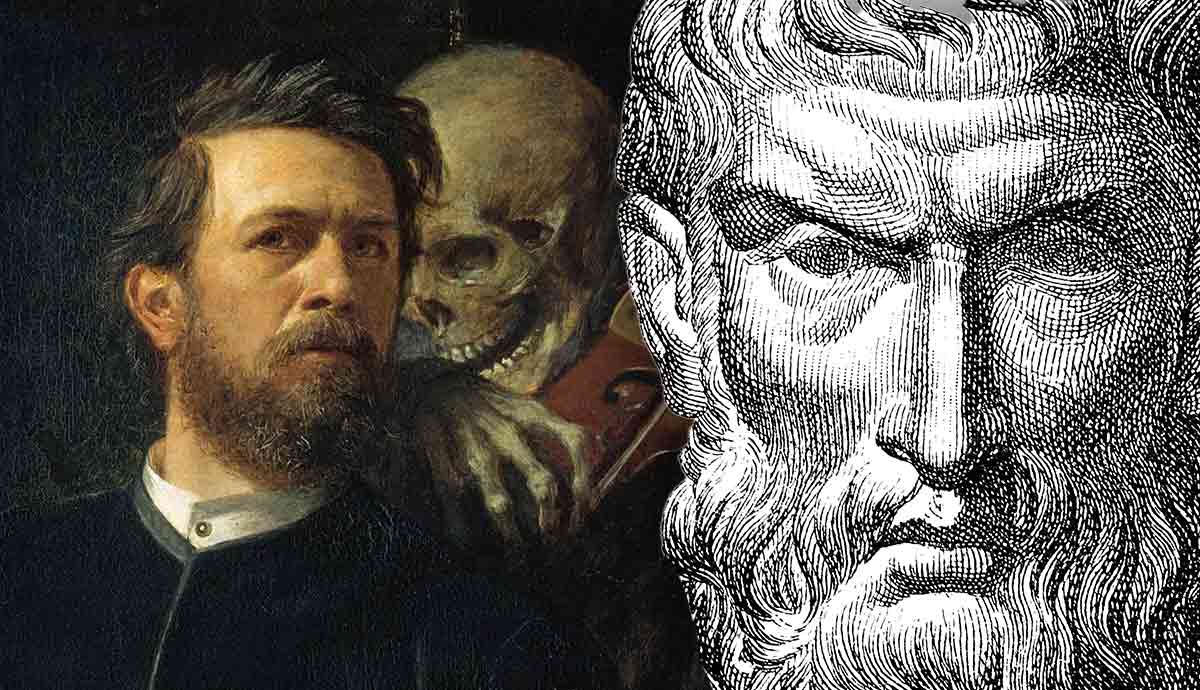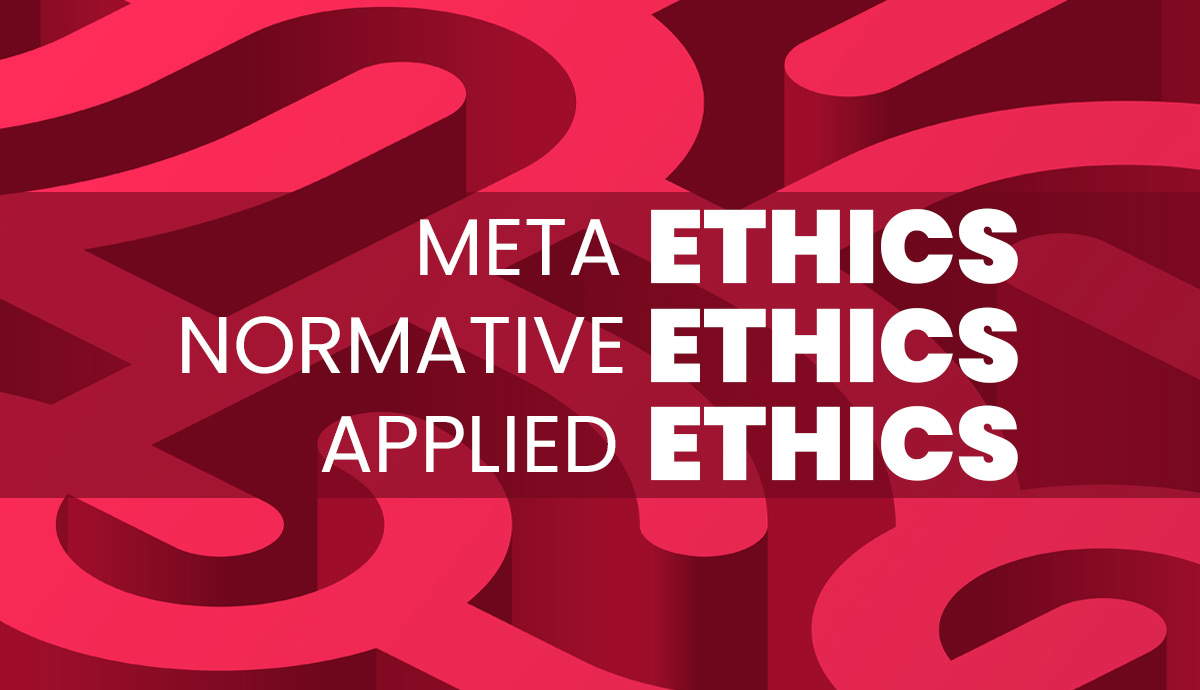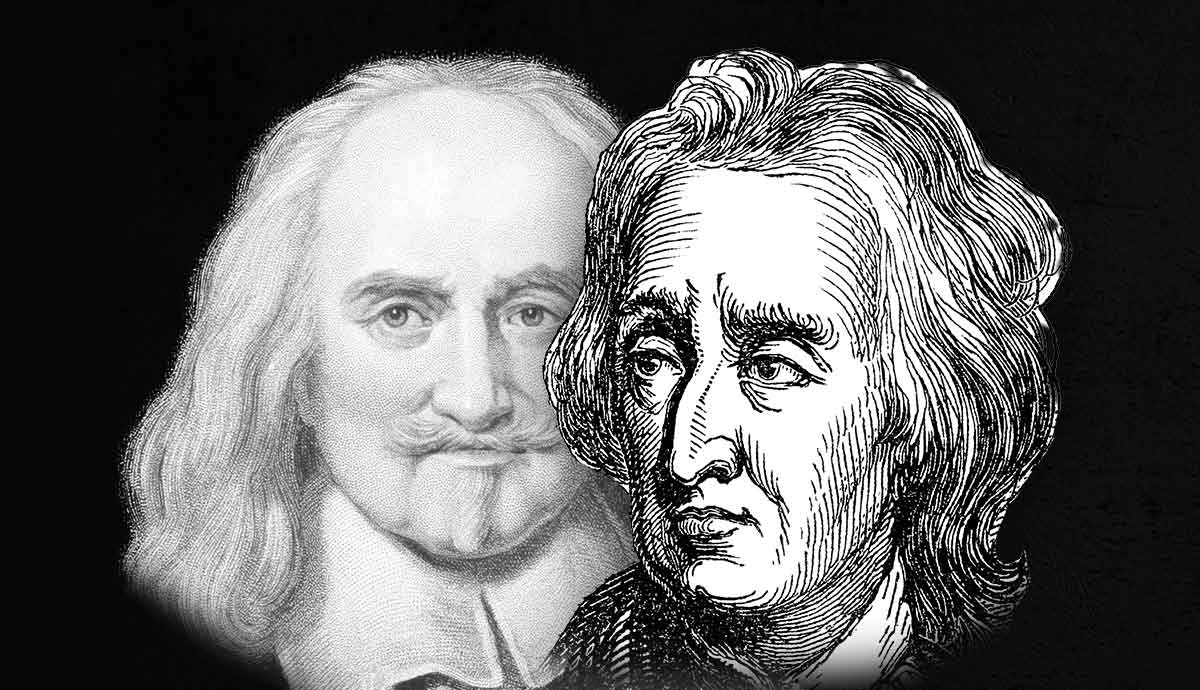
Hobbes and Locke had quite different conceptions of human nature and about society. They asked: what would life be like without government? For Hobbes, the answer was chaos, fear, and conflict. For Locke, life without government was a question of freedom and equality with existing natural rights. Their ideas on the “state of nature” set the way they viewed authority, freedom, and how we make up governments. Understanding their differences is a means of seeing roots leading into our political systems today. Let’s analyze this in detail.
Hobbes’ Concept of the State of Nature: Life as “Nasty, Brutish, and Short”
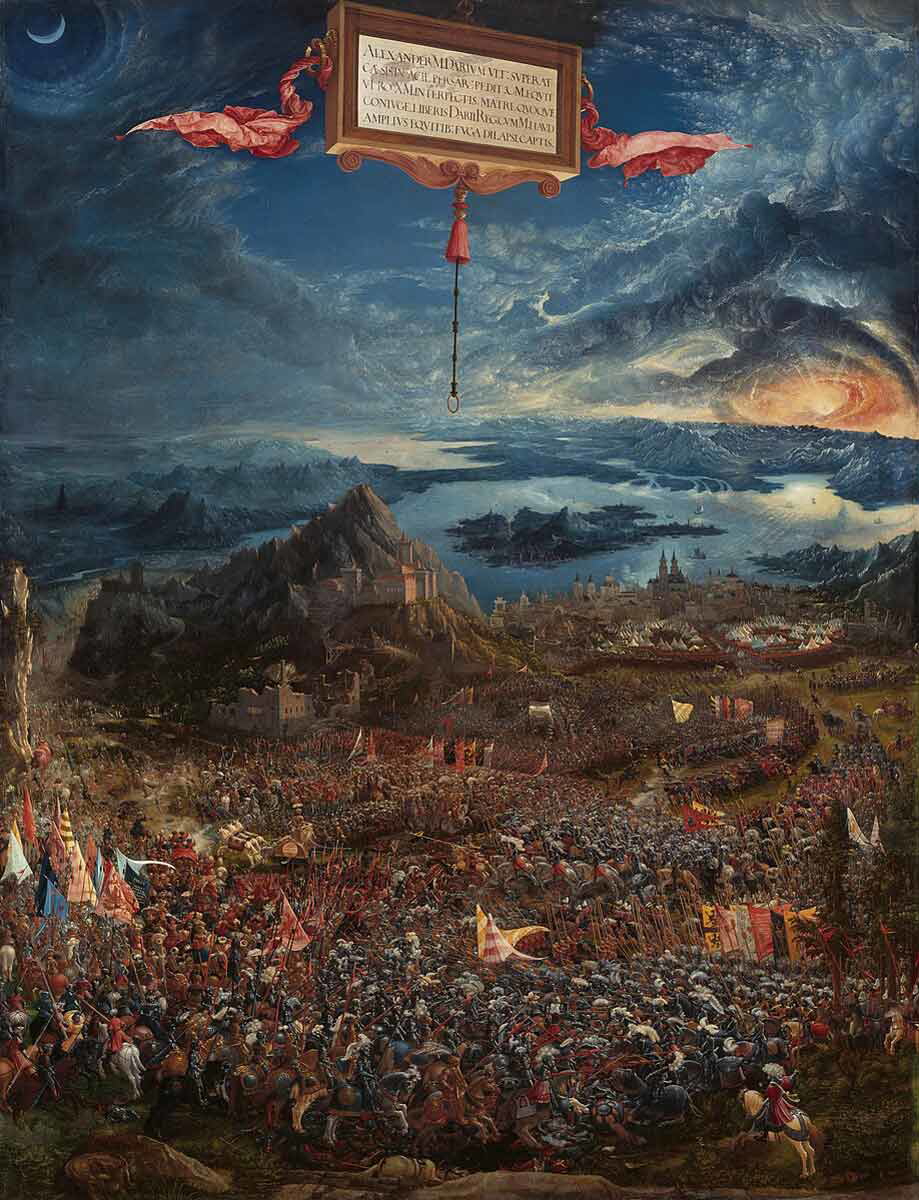
Thomas Hobbes believed that people are naturally bad when there is no government. He imagined what life would be like without any laws or rules that everyone had to follow—this is called the “state of nature.”
In this state, Hobbes argues that individuals would live in constant fear because there would be no one to protect them from each other. Resources such as food, water, and living space would be limited, and so life would become an ongoing struggle for existence. The result is that people end up leading lives that are “solitary, poor, nasty, brutish and short.”
Think about it—if we were all our own police officers—constantly watching our own backs. If there was no system in place to maintain lawfulness (keep the peace), then, just like now, when there isn’t a policeman present, we would grow suspicious (wary) about everybody else.
If one person grew food, there would inevitably be others who would steal it—for example, during times of social breakdown, such as after an earthquake, when people fight over simple things like water bottles. Hobbes thought this was how humans would act if there were no laws. Basically, violence would become everybody’s normal way of life.
Because of his gloomy outlook, Hobbes argued that the only way to escape this nasty situation was for everyone to hand over their rights to a single strong ruler—a “Leviathan“—who would ensure everyone behaved themselves.
According to Hobbes, human beings needed a powerful leader who could impose rules, provide security, and prevent society from reverting to its savage beginnings.
Locke’s Concept of the State of Nature: Natural Rights and Freedom
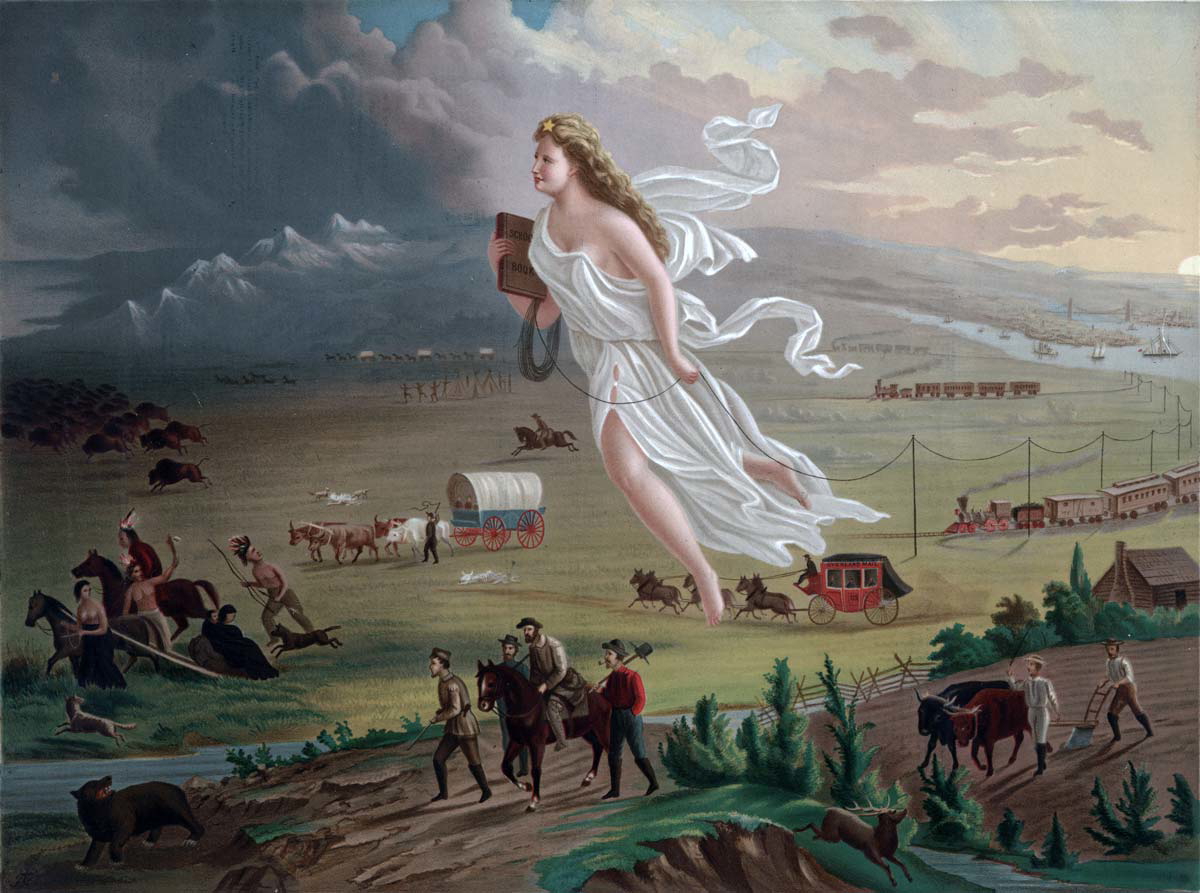
John Locke held a more positive perspective on the state of nature than Thomas Hobbes. While Hobbes believed life without government would be “solitary, poor, nasty, brutish, and short,” Locke thought it could be peaceful—as long as individuals’ rights were respected.
According to Locke, anarchy wasn’t mayhem. Rather, it meant there were no rulers or governments. In such a situation, everyone was equal and independent. Locke is sure you can live together peacefully without any authorities so long as people agree to treat one another fairly and protect each other’s freedom.
To understand this argument better, imagine a small number working cooperatively: each contributes skills or resources for the common good. This collaboration is based on respecting each other’s rights. Locke said individuals could use reason to govern themselves. They do not require a total ruler to keep the peace.
Although generally peaceful in this natural condition, conflicts, according to Locke, were possible. So, individuals agreed to set up a government. But its powers should be strictly limited, and it ought mainly to safeguard their property better than they could do alone.
Locke argued further that such an administration must never forget why citizens had agreed to one in the first place—an idea that chimed with many later political movements up to the present day.
The Role of Fear and Trust in Human Nature
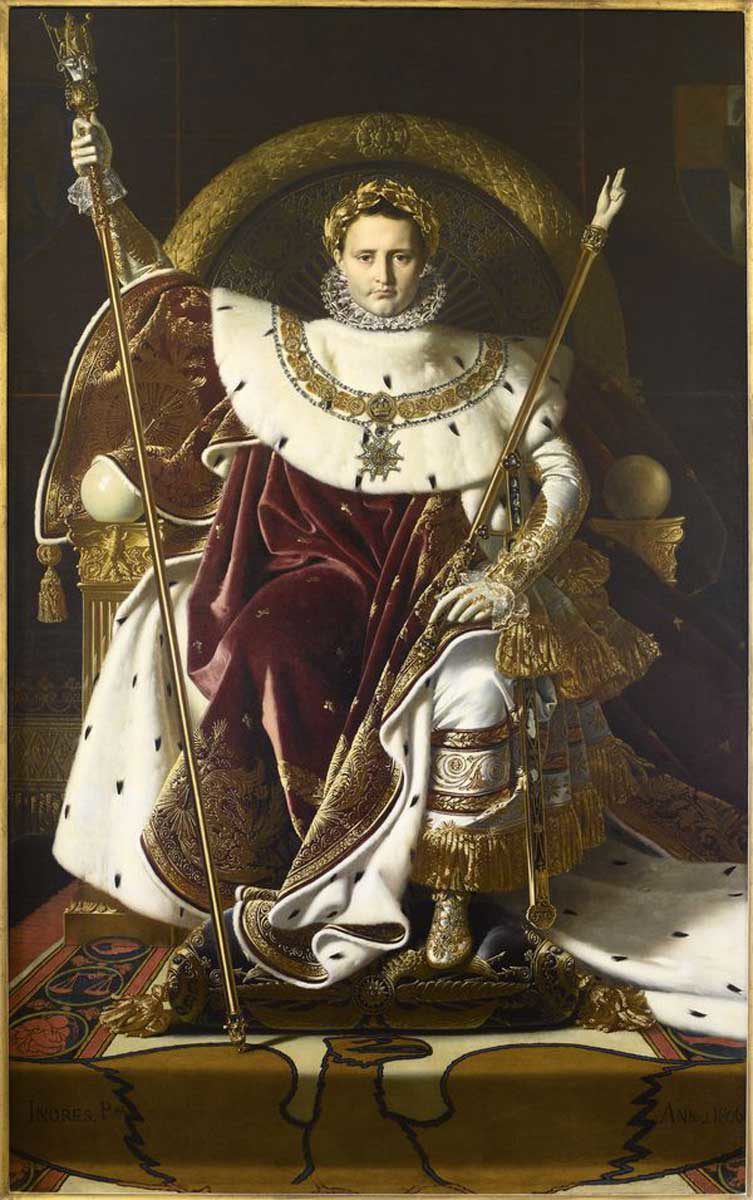
Thomas Hobbes and John Locke disagreed on many aspects of the role of fear and trust in human nature. According to Hobbes, fear motivates individuals.
Without the presence of such an authoritative body that enforces laws, individuals would always be on edge, fearing either death, being double-crossed, or being harmed by others.
Let us put it this way: try to visualize any society in which everybody is always on their toes, expecting any minute an act of violence will be committed, poised, and ready to react in defense.
Under such conditions, Hobbes argued, fear would lead people to seek security by voluntarily placing themselves under the authority of a strong ruler. They could then establish rules and regulations with a guarantee of their enforcement that would specifically protect everyone from everyone else.
Locke’s view was not as pessimistic. He saw that humans are able to establish worthwhile relationships with each other based on trust rather than fear. In Locke’s state of nature, individuals can recognize each other’s rights and cooperate for mutual benefit.
Imagine a group of farmers who are involved in providing funds for an irrigation system. Everybody would be satisfied with being equitably represented and also trust others to do so. No higher power as an enforcer of cooperation would need to be invoked.
Locke viewed individuals as having the capacity to work with one another through reason and that it was more natural for humans to collaborate rather than be in constant states of conflict. To Locke, trust and not fear formed the basis for community and, subsequently, the instigation of governments.
The Social Contract: Hobbes’ Leviathan vs. Locke’s Limited Government
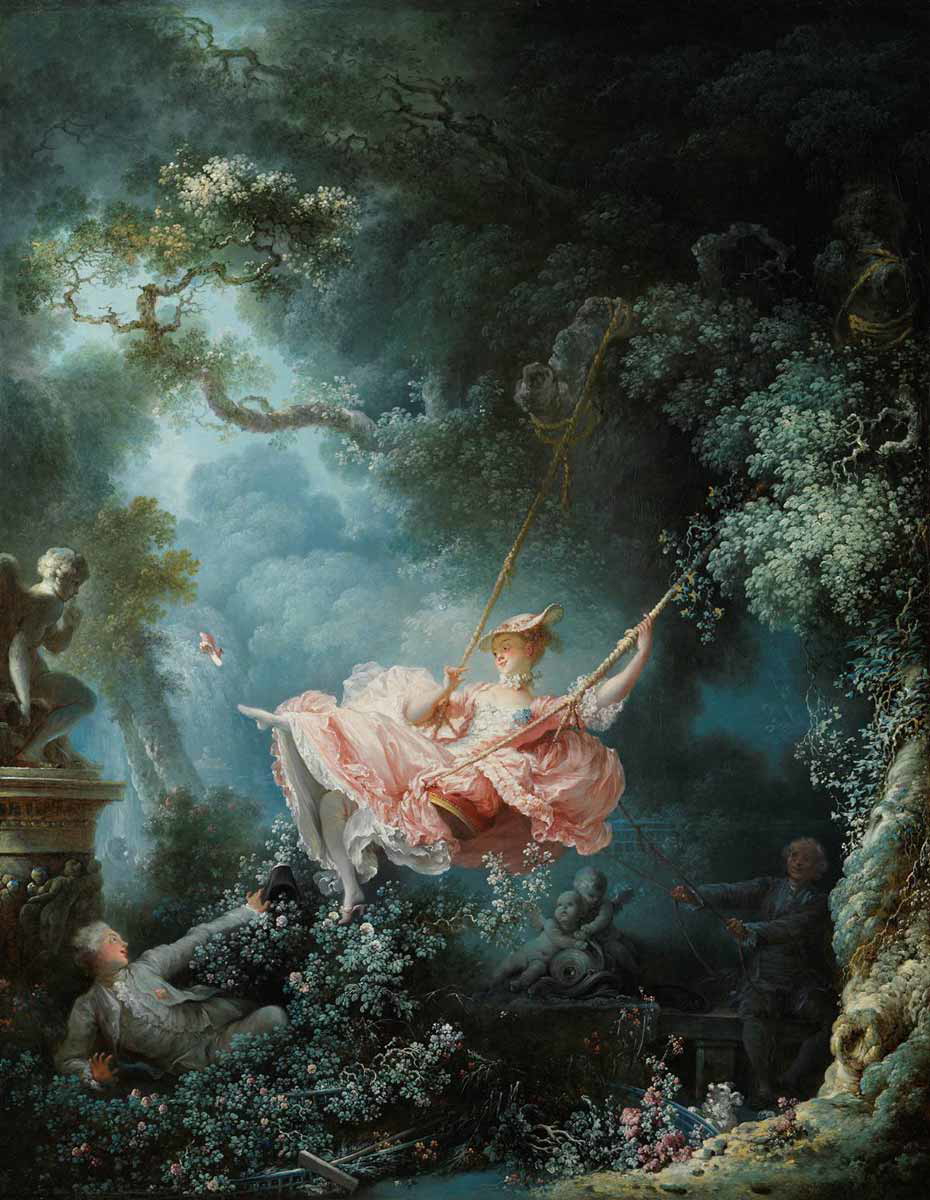
Thomas Hobbes and John Locke believed in the concept of a social contract, although their views on this important idea were markedly different. For Hobbes, the way out of the chaos of the state of nature was for human beings to give up some of their rights to an all-powerful ruler—a “Leviathan” who would make sure everyone obeyed the rules.
Just think of a huge, scary thing that makes sure everybody does what they are told. To Hobbes, it seemed absolutely necessary to have one person or group with overriding power to keep society orderly and stop it from falling into war all against all.
People agree to obey a ruler—and give him absolute power—in exchange for protection, not just from their own violence but also so that they can feel safe in bed at night.
Locke viewed the social contract differently. He believed that individuals did not give up all their rights when they joined society. Instead, they made an agreement with each other to have a government that would protect everyone’s rights (life, liberty, and possessions).
You can imagine a community that has agreed to elect representatives. Their job will be to look after things of interest to the whole community. Locke also said there should be some things the government must not do, and people should have the right to end an agreement if these conditions are not met.
Unlike Hobbes—who had no faith in human beings being able to live together without control by someone powerful—Locke thought men could look after themselves. This idea has inspired democracies everywhere (where the government is accountable by having regular elections).
Property Rights and the Concept of Ownership
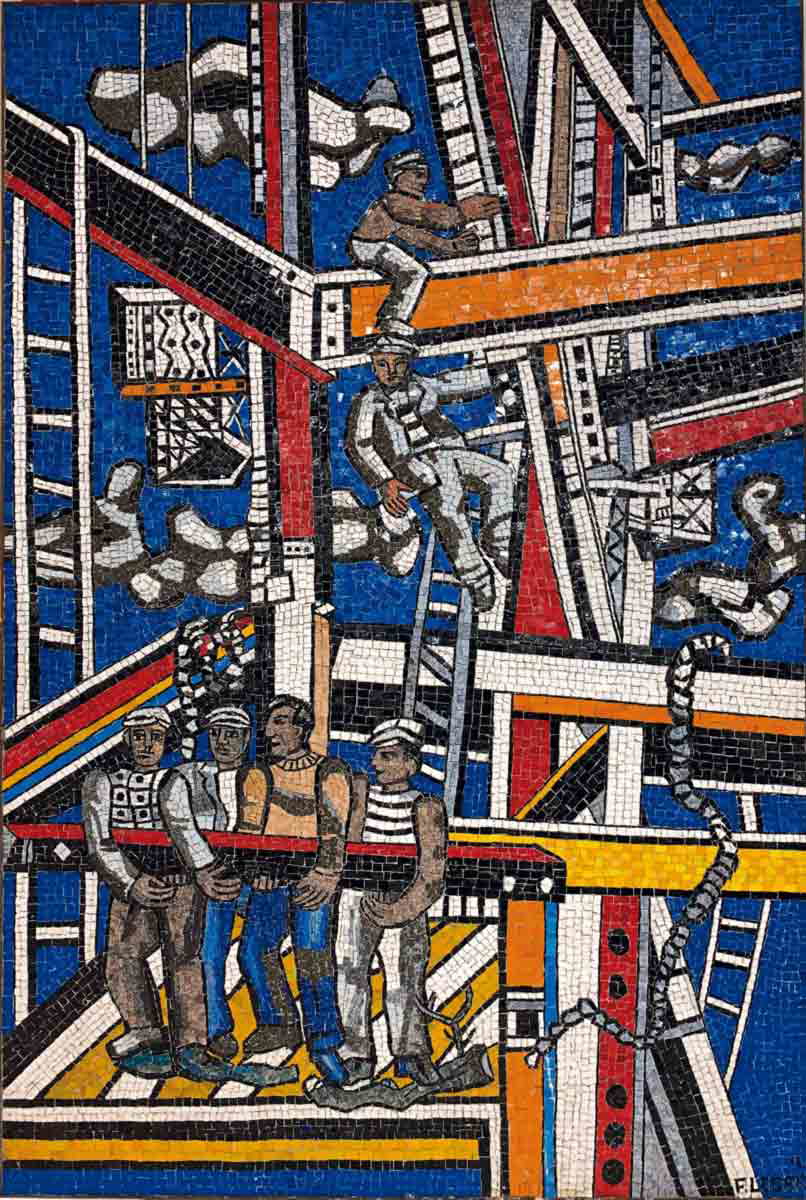
Thomas Hobbes and John Locke had contrary opinions regarding property rights and ownership in the state of nature. According to Hobbes, in a situation without government, it would have been impossible for anybody to be safe because there could be no security for possessions.
Hobbes believed that genuine ownership could only exist once a strong state was there to enforce laws that would protect possessions. If there is no Leviathan that provides such rules, then everything is up for grabs at all times.
On his part, John Locke argued that property rights were inherent, but pre-political institutions also mattered. According to Locke, if individuals mixed their labor with resources, they could claim those resources as their own.
For example, a person who farmed land grew food, or constructed a house had an inherent right to that specific property. Think of a carpenter making a table from timber. For Locke, it was the labor itself that warranted owning the table.
Locke believed that the government should only protect reasonable and work-related property rights. Unlike Hobbes, he did not think that prevention of violence or forcible taking constituted the sole—or even main—objective of legitimate government.
So, What Are the Key Differences Between Hobbes and Locke?
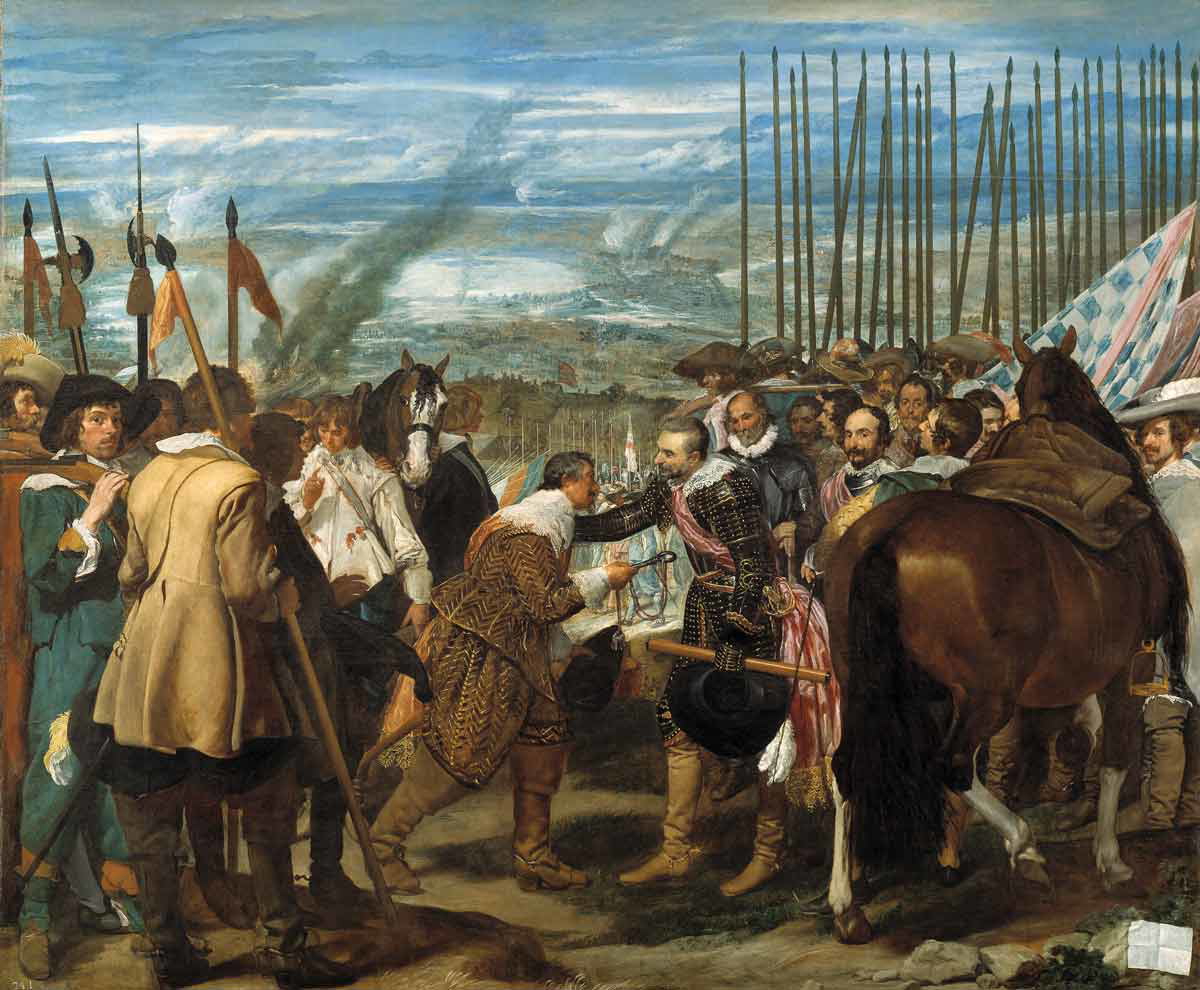
Locke and Hobbes held opposing views regarding society and human nature. Hobbes believed that in a state of nature, there would be constant warfare—a situation where every individual was against all others—an existence permeated by fear such that only the mightiest ruler could maintain control.
John Locke held almost the opposite opinion: he thought people were equal and free in this pre-social condition yet still prepared to acknowledge one another’s rights.
When it came to how best to guarantee safety, Hobbes argued for total power, while Locke insisted upon consent as essential for protecting property, liberty (or freedom), and life itself. So, which model fares better nowadays?
These different concepts continue to shape contemporary political debates. Is there perhaps an occasion when some freedoms must be sacrificed so that overall security can increase? Or ought individuals just be left with their natural rights intact?
Hobbes argues that powerful central authorities should be able to keep peace and order. Locke’s ideas speak more to democracy, freedom for individuals, and the need for ways of checking those who hold power.
